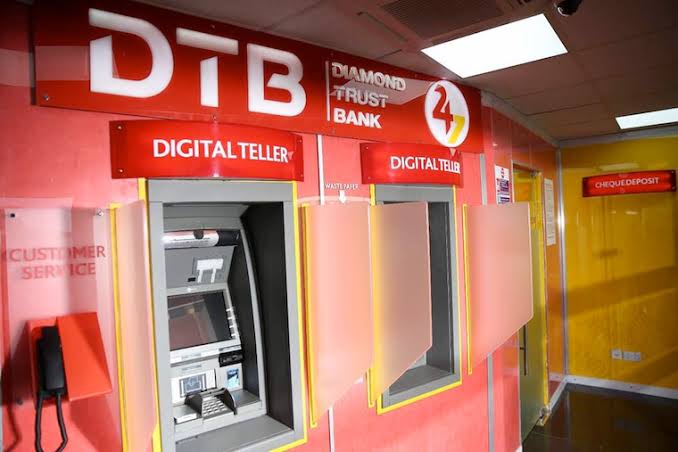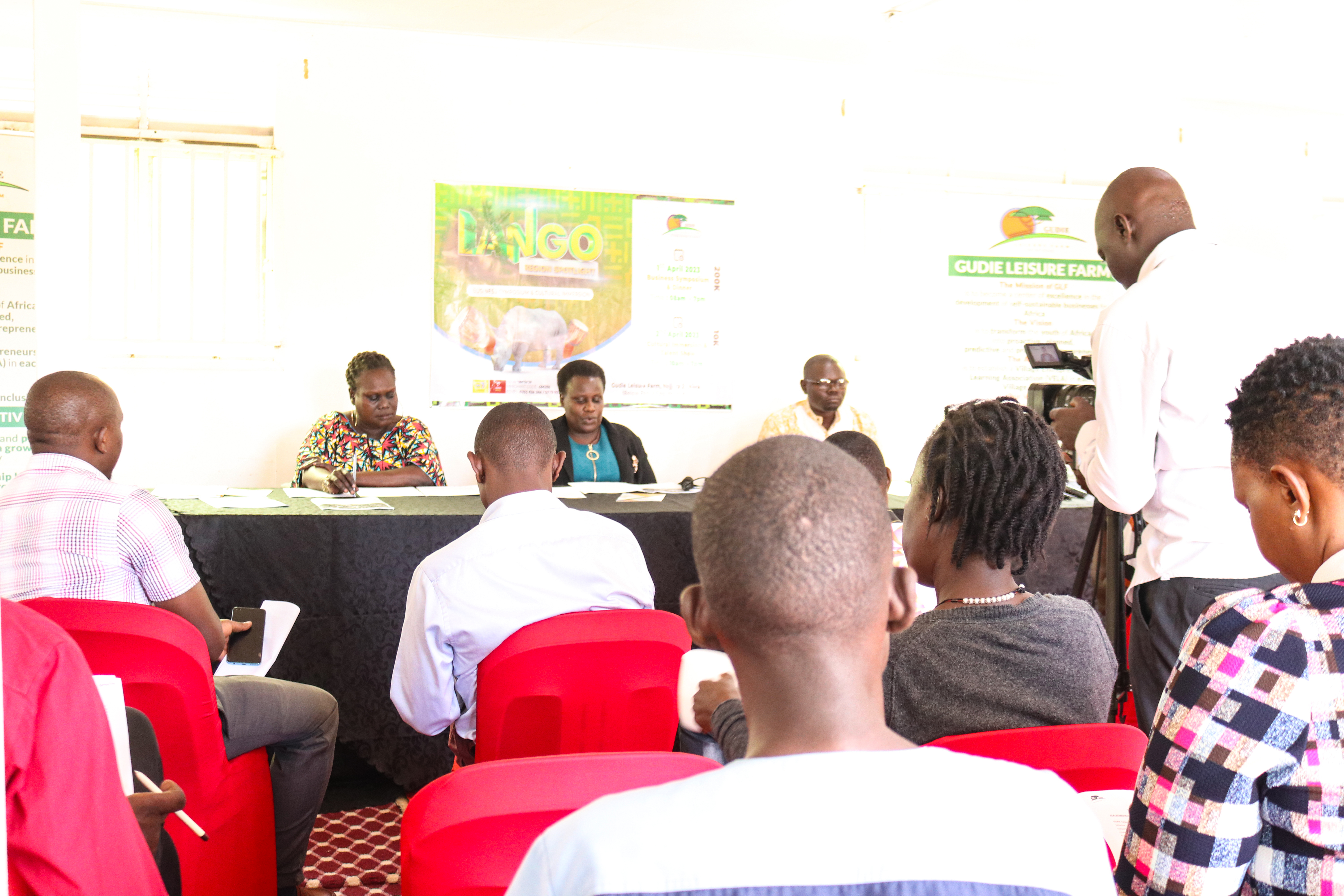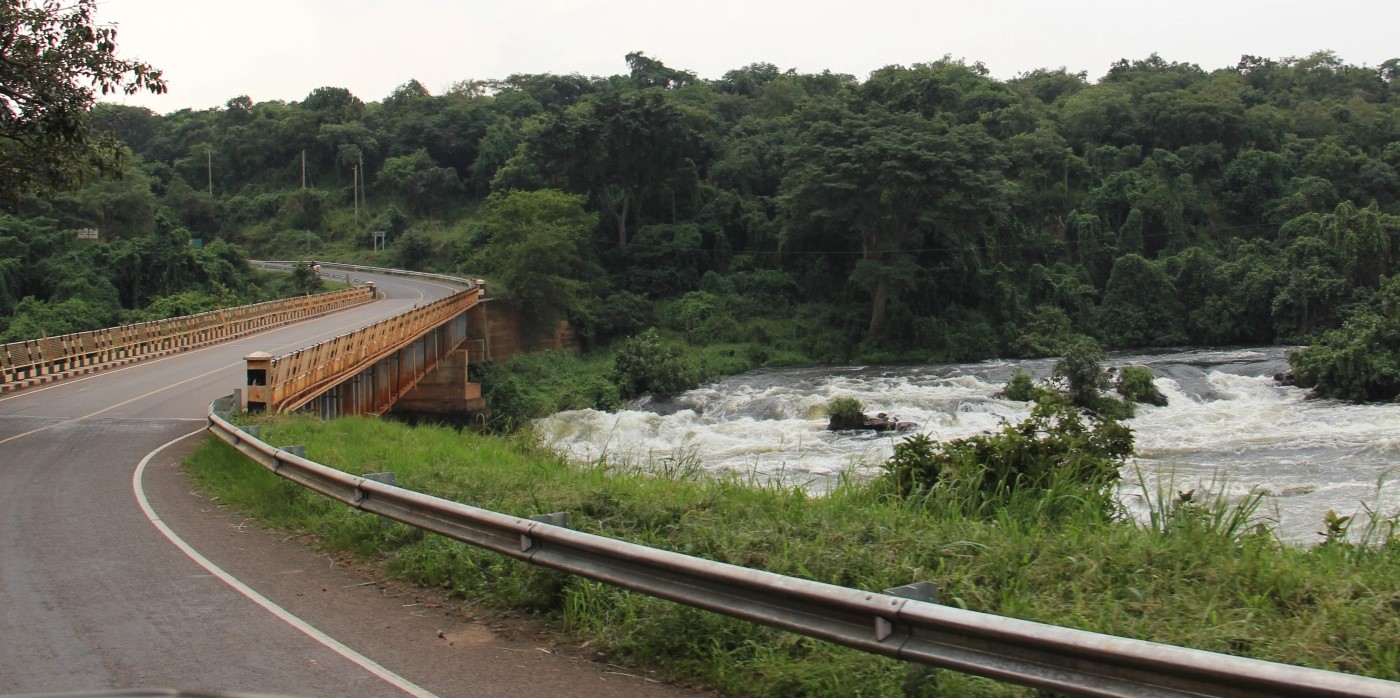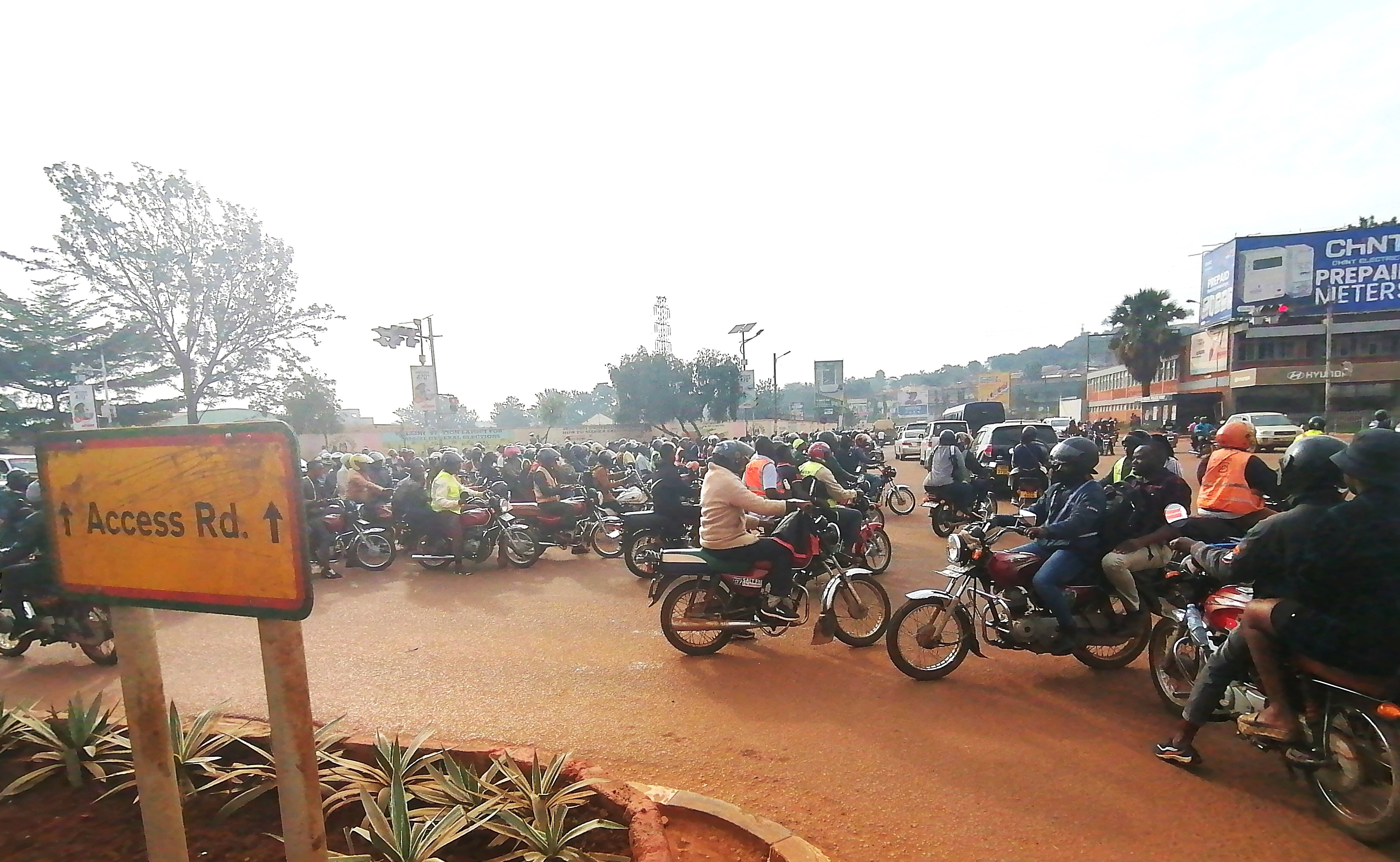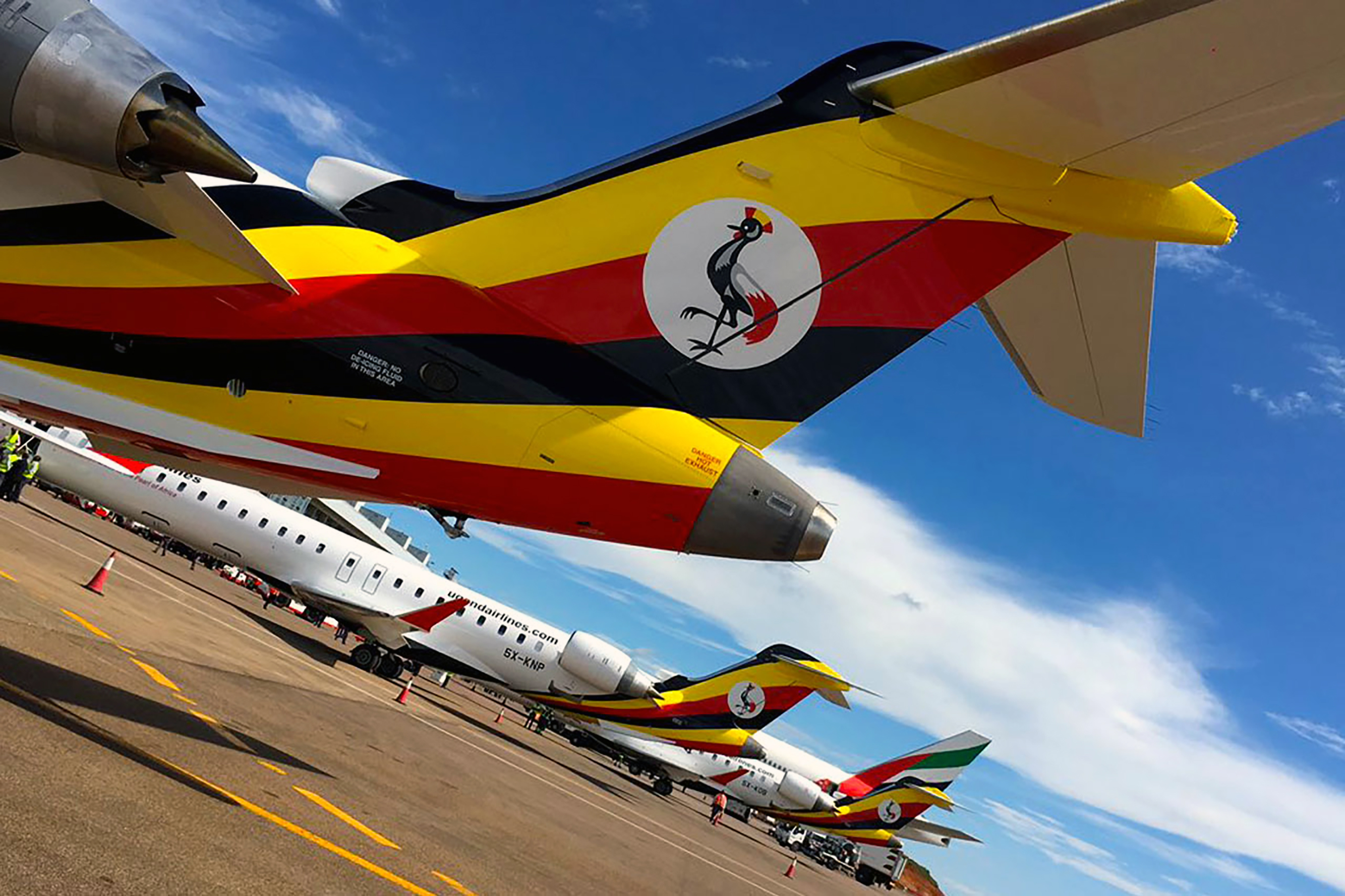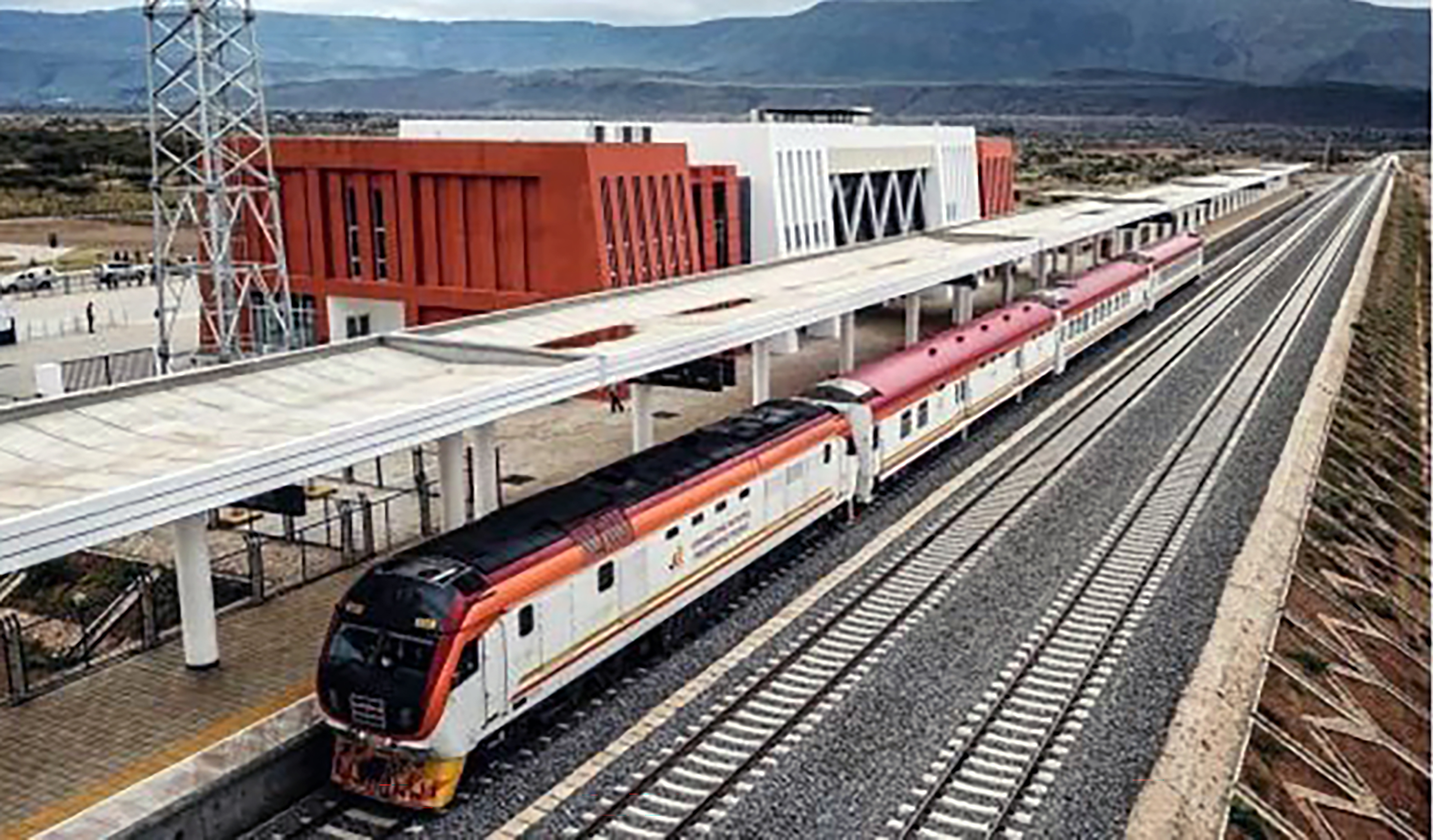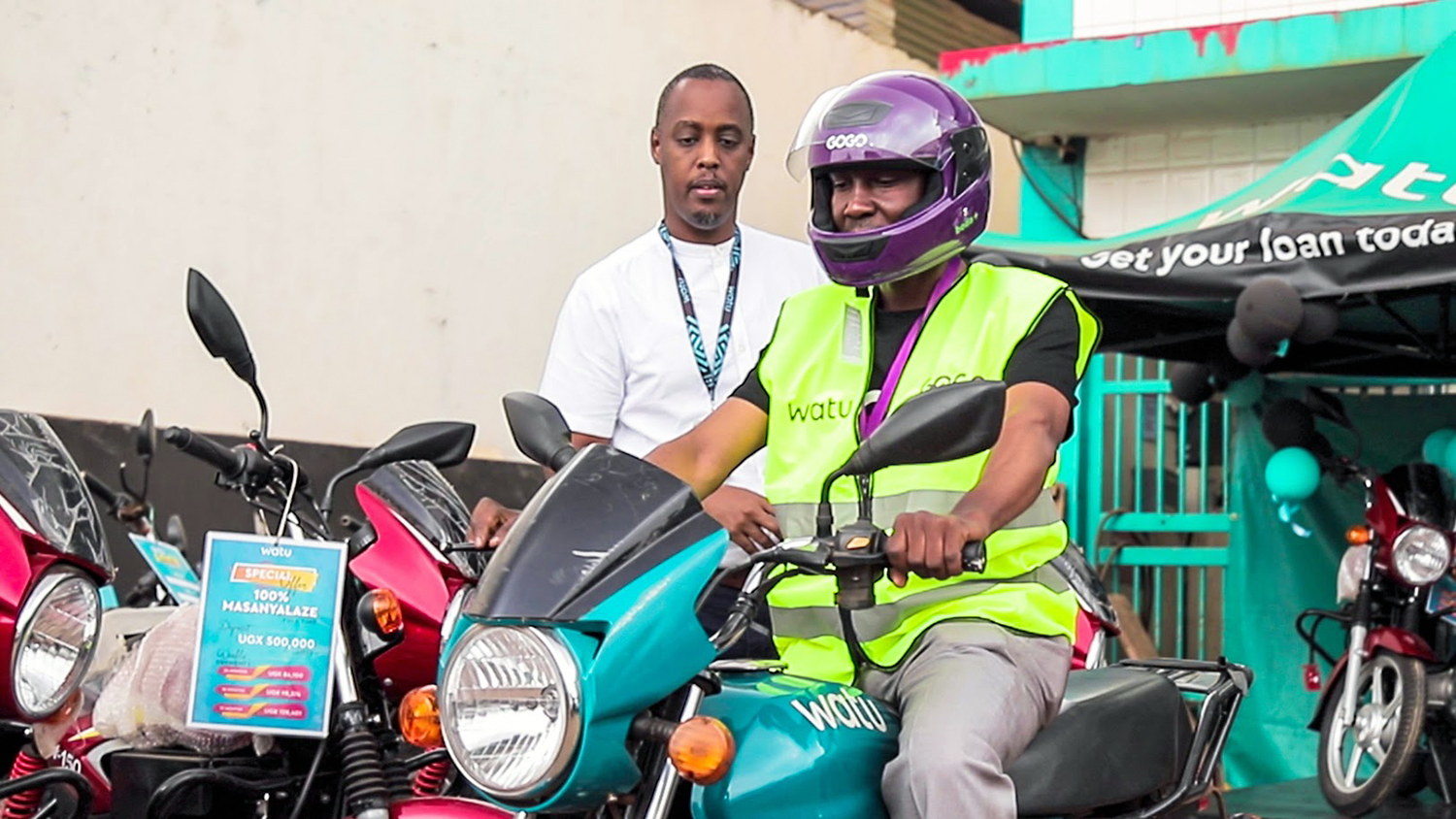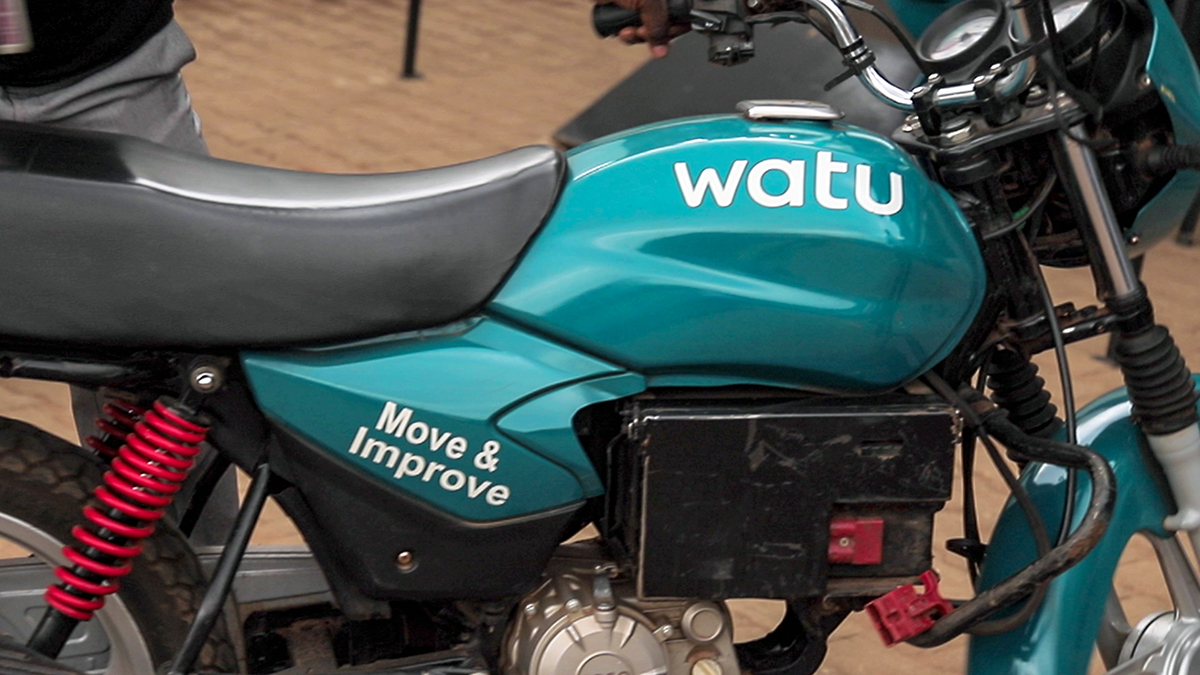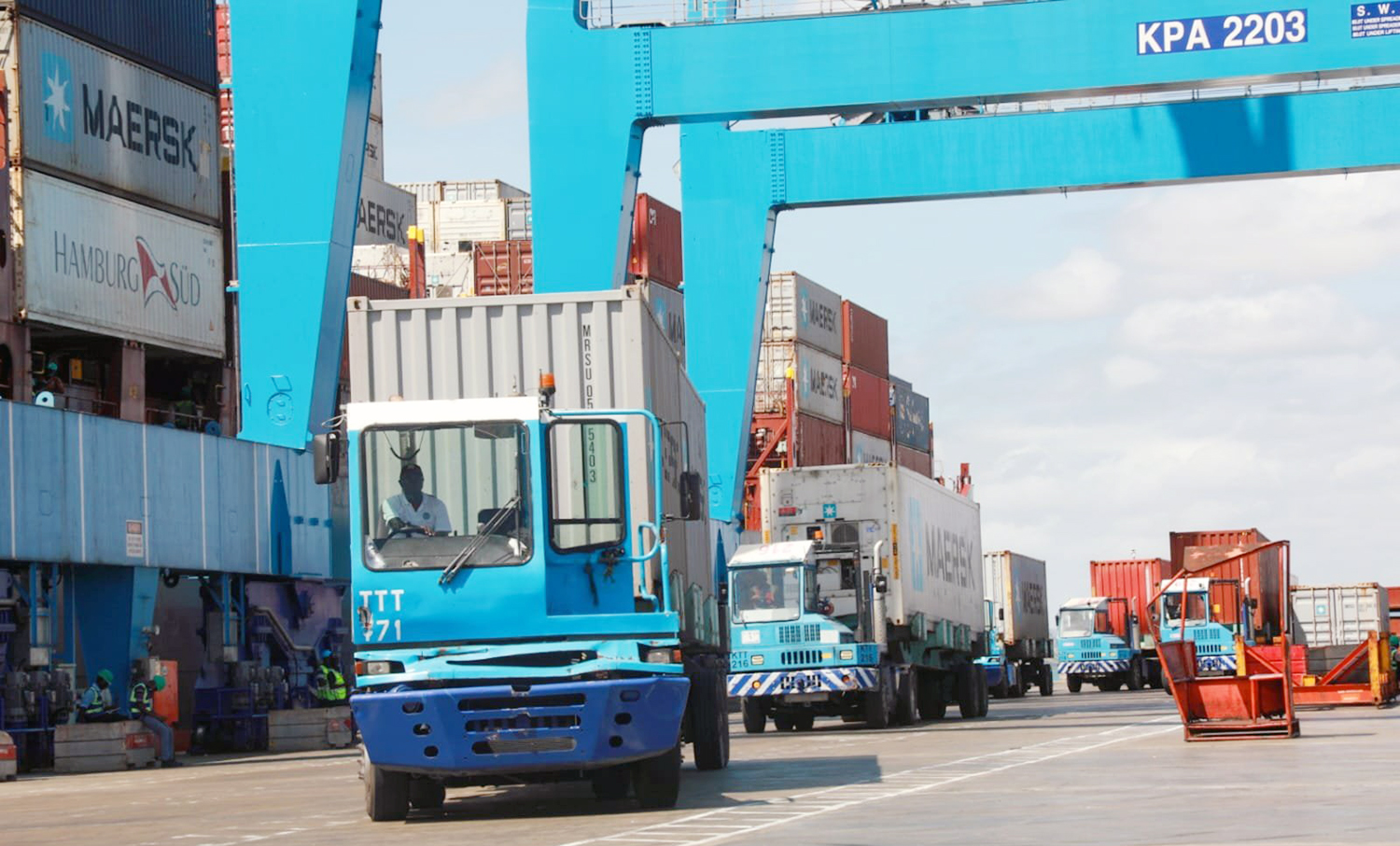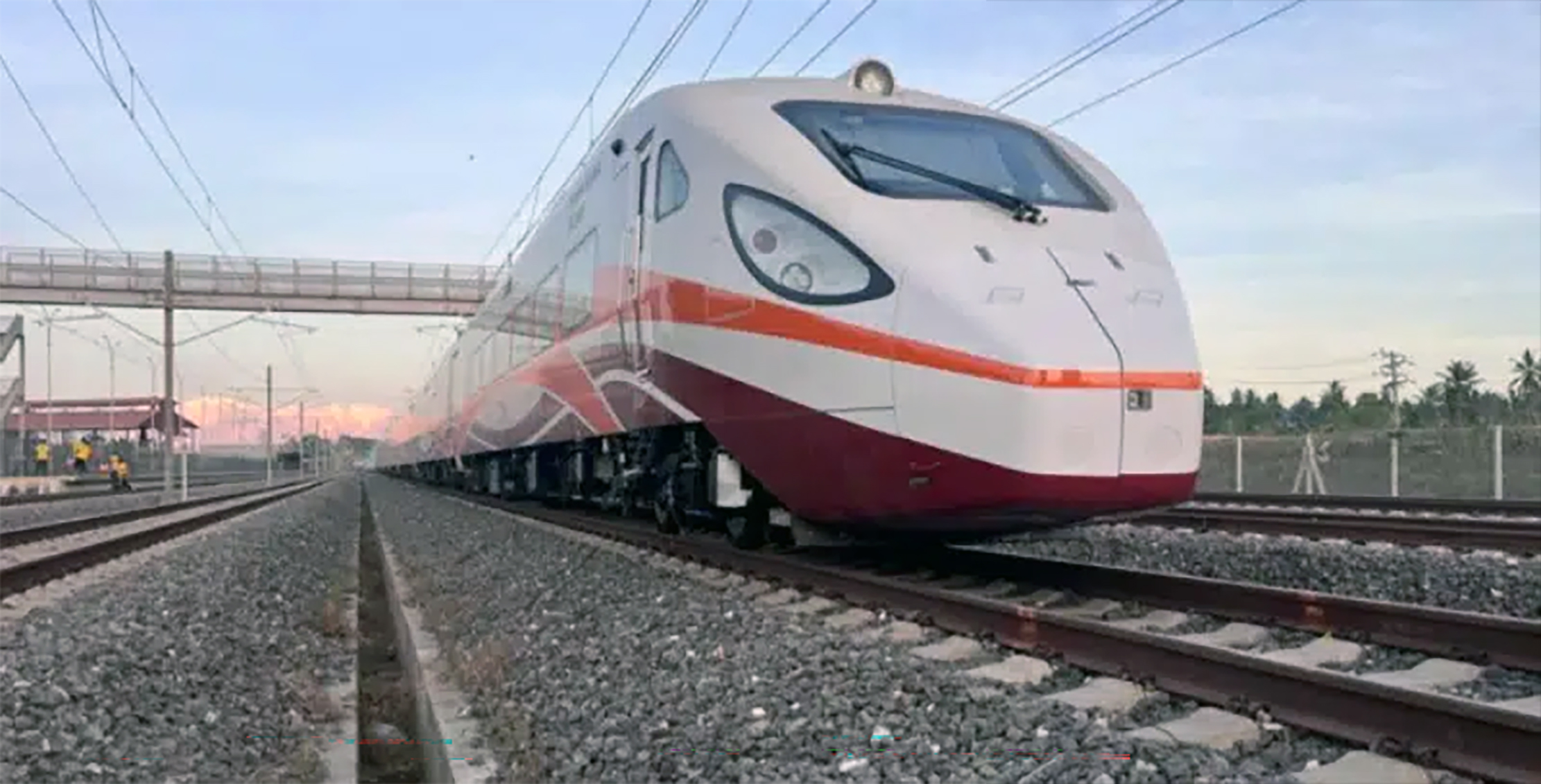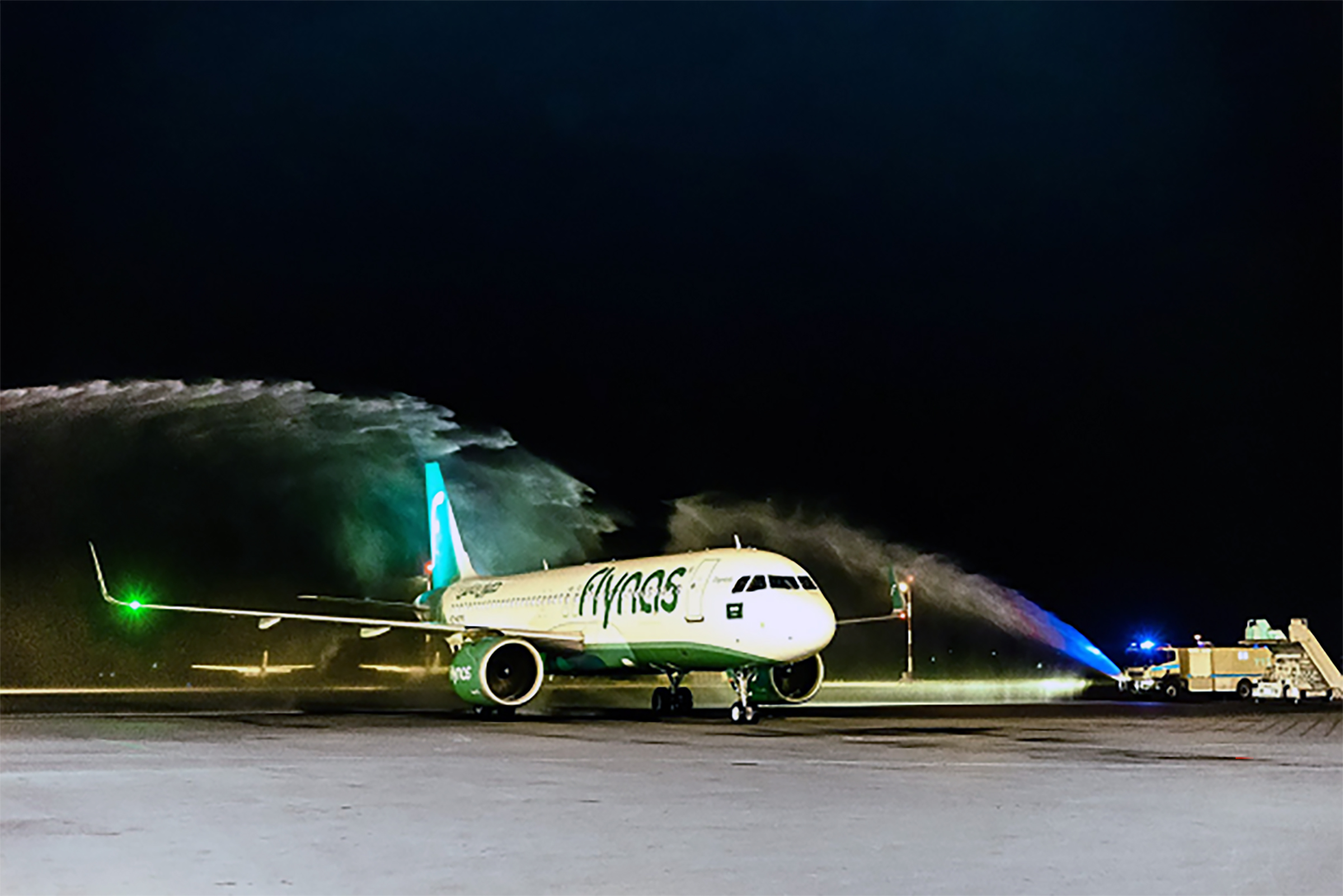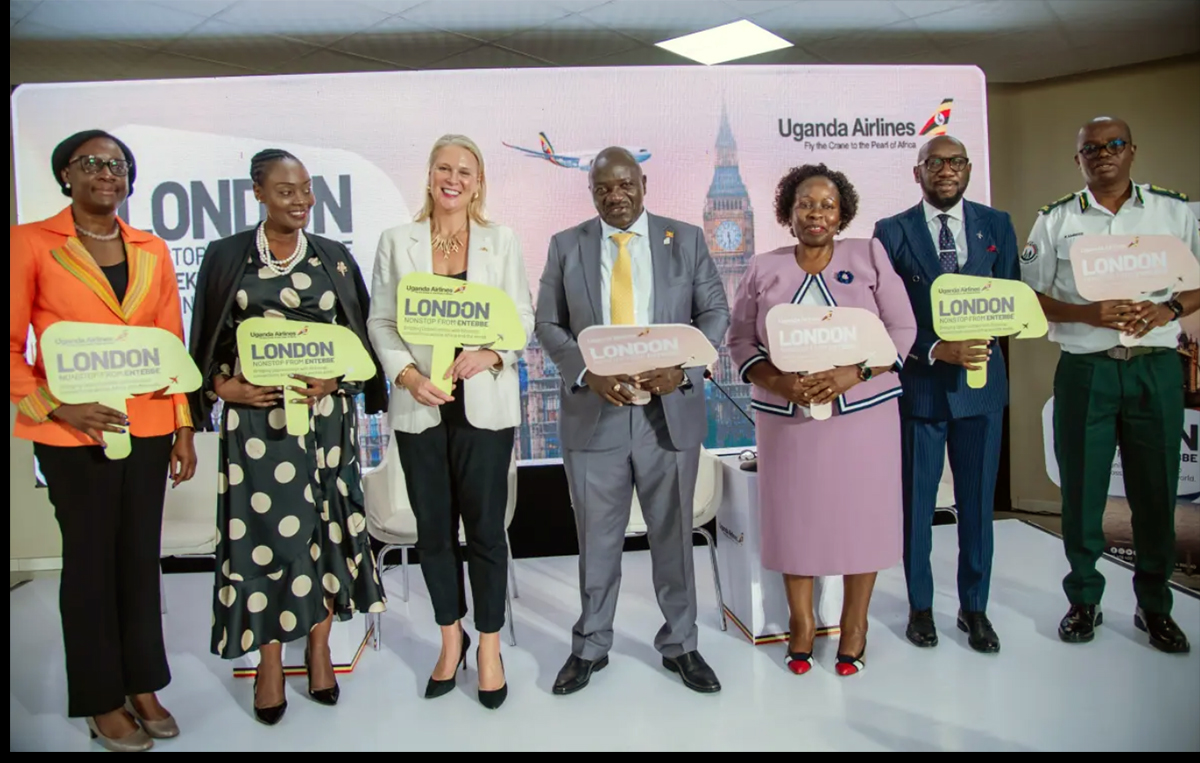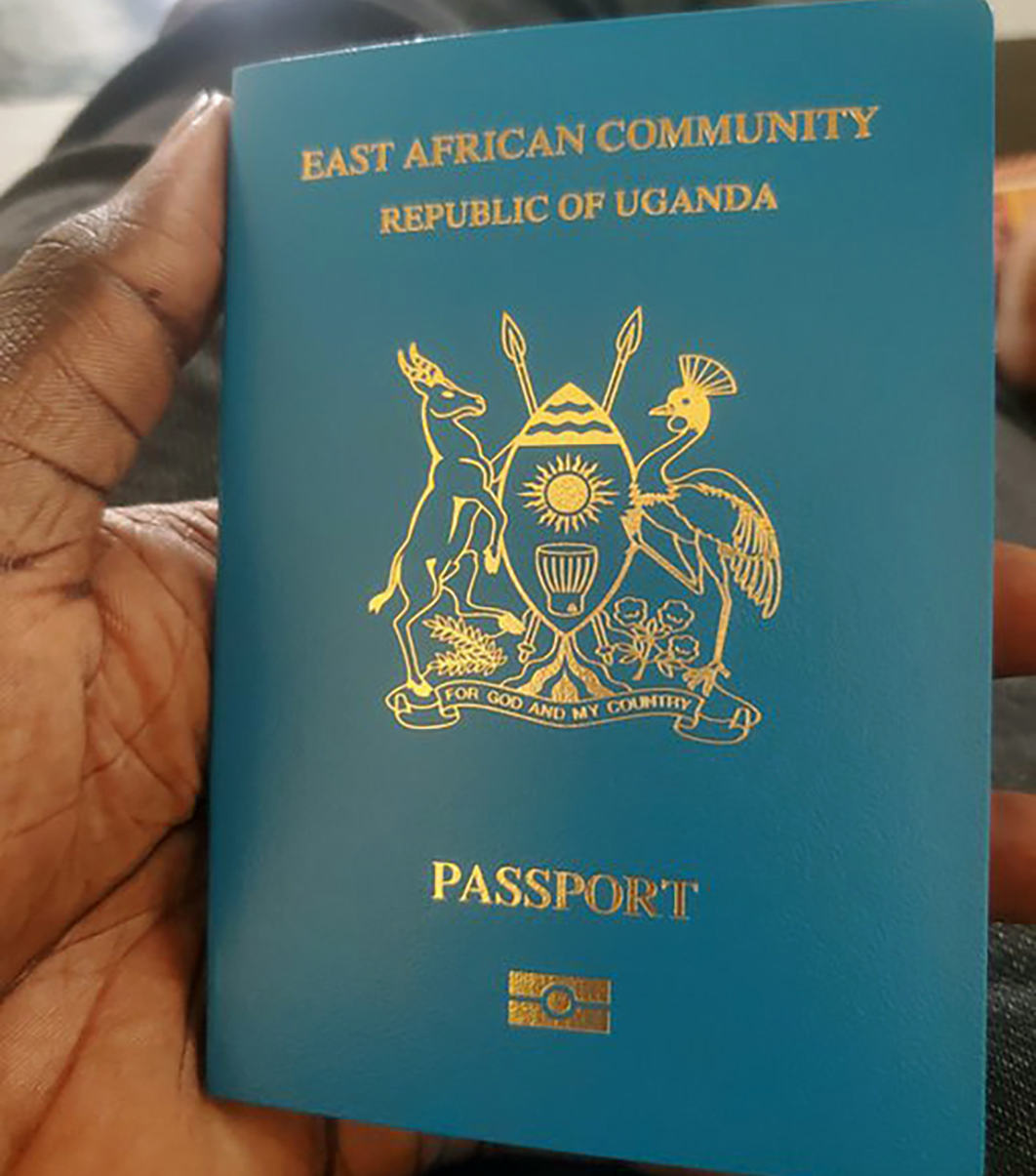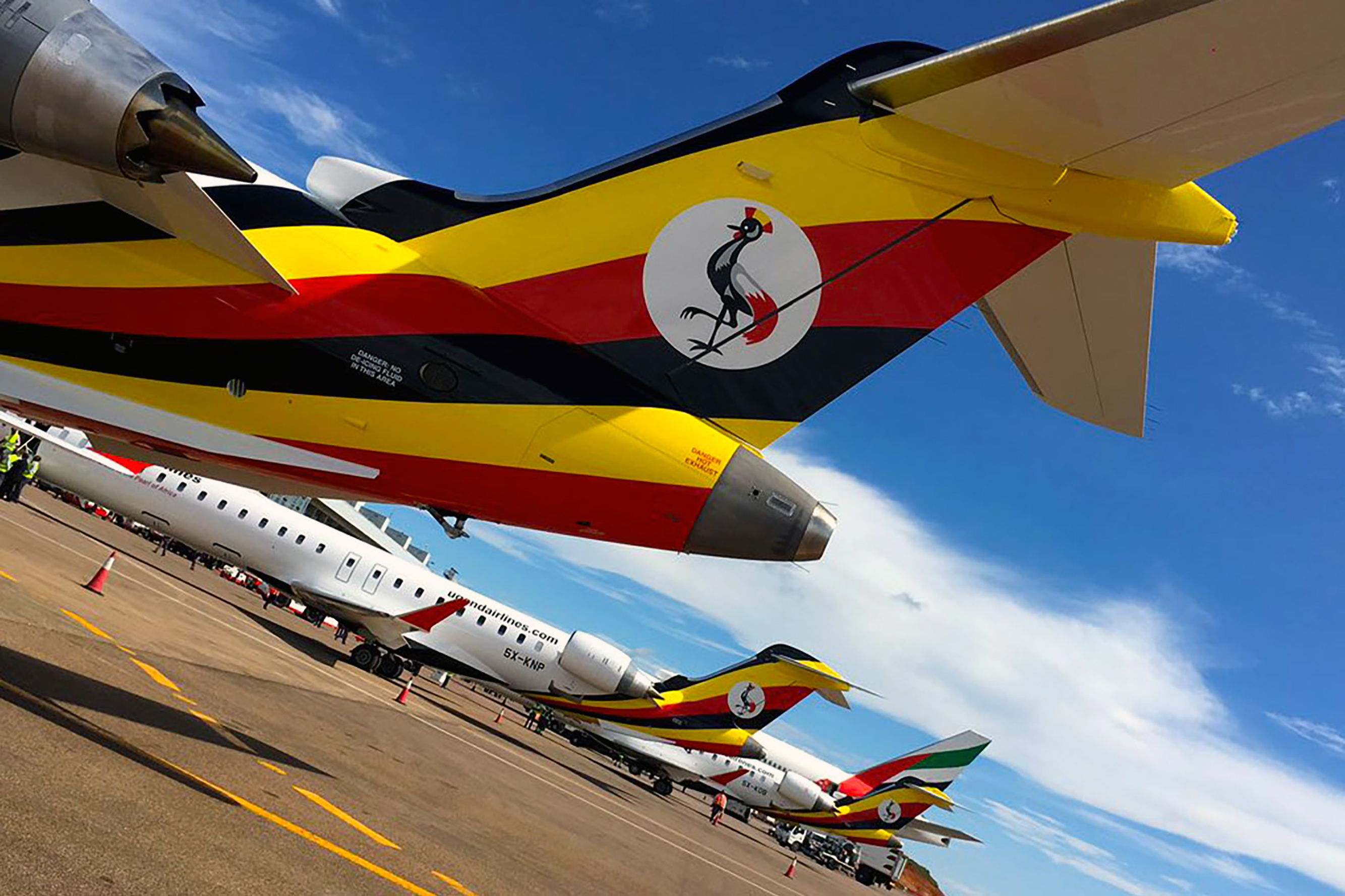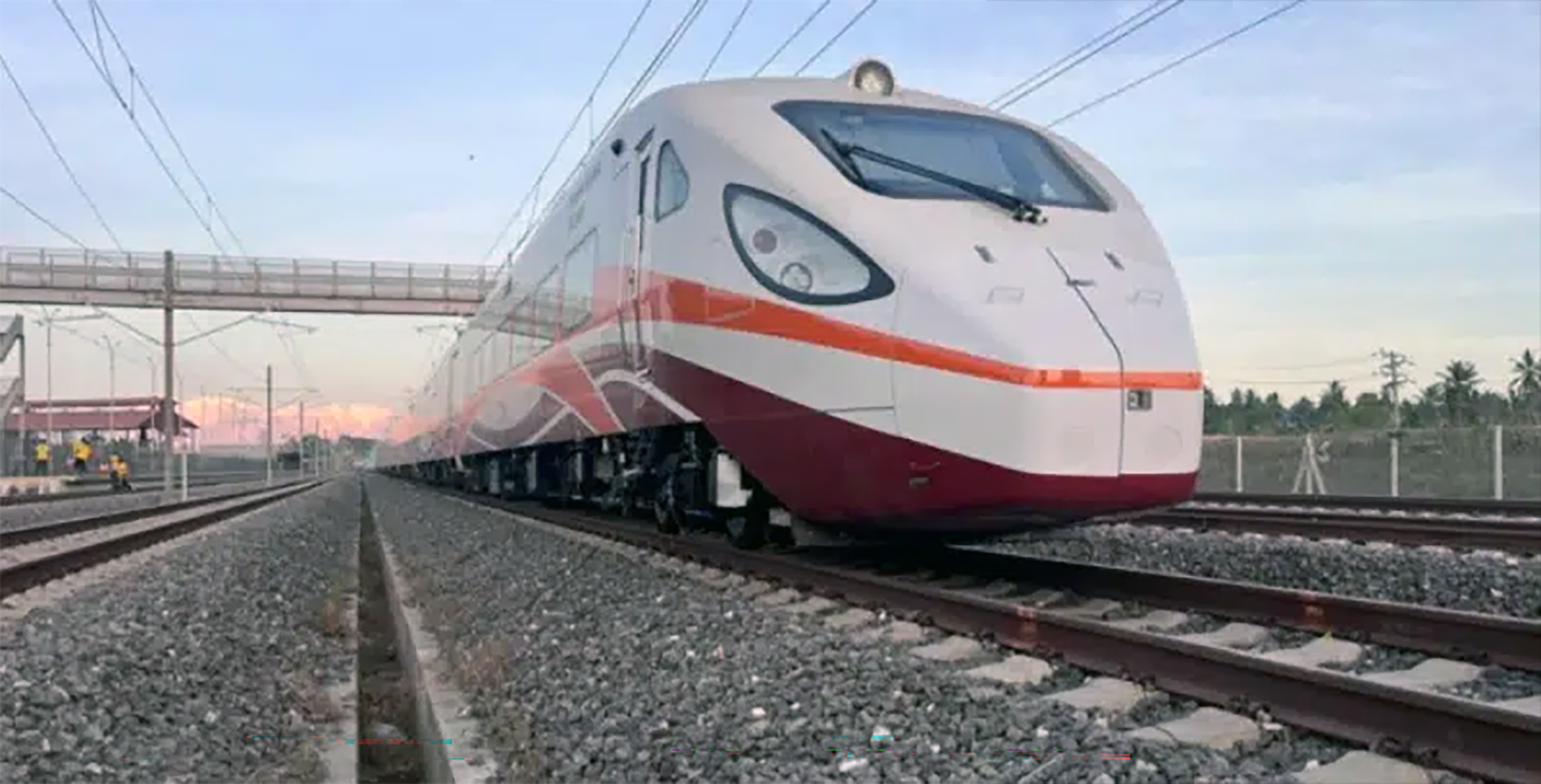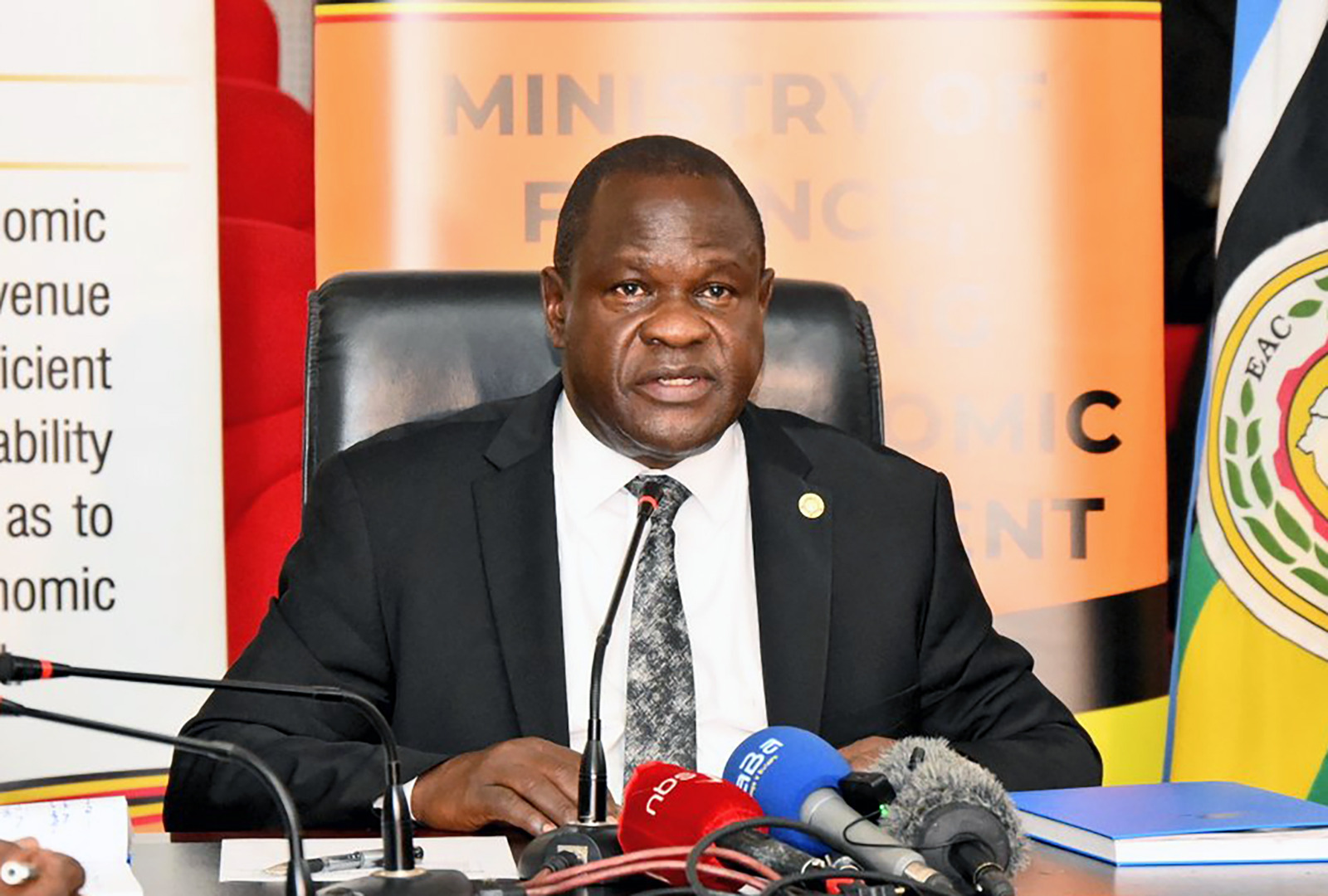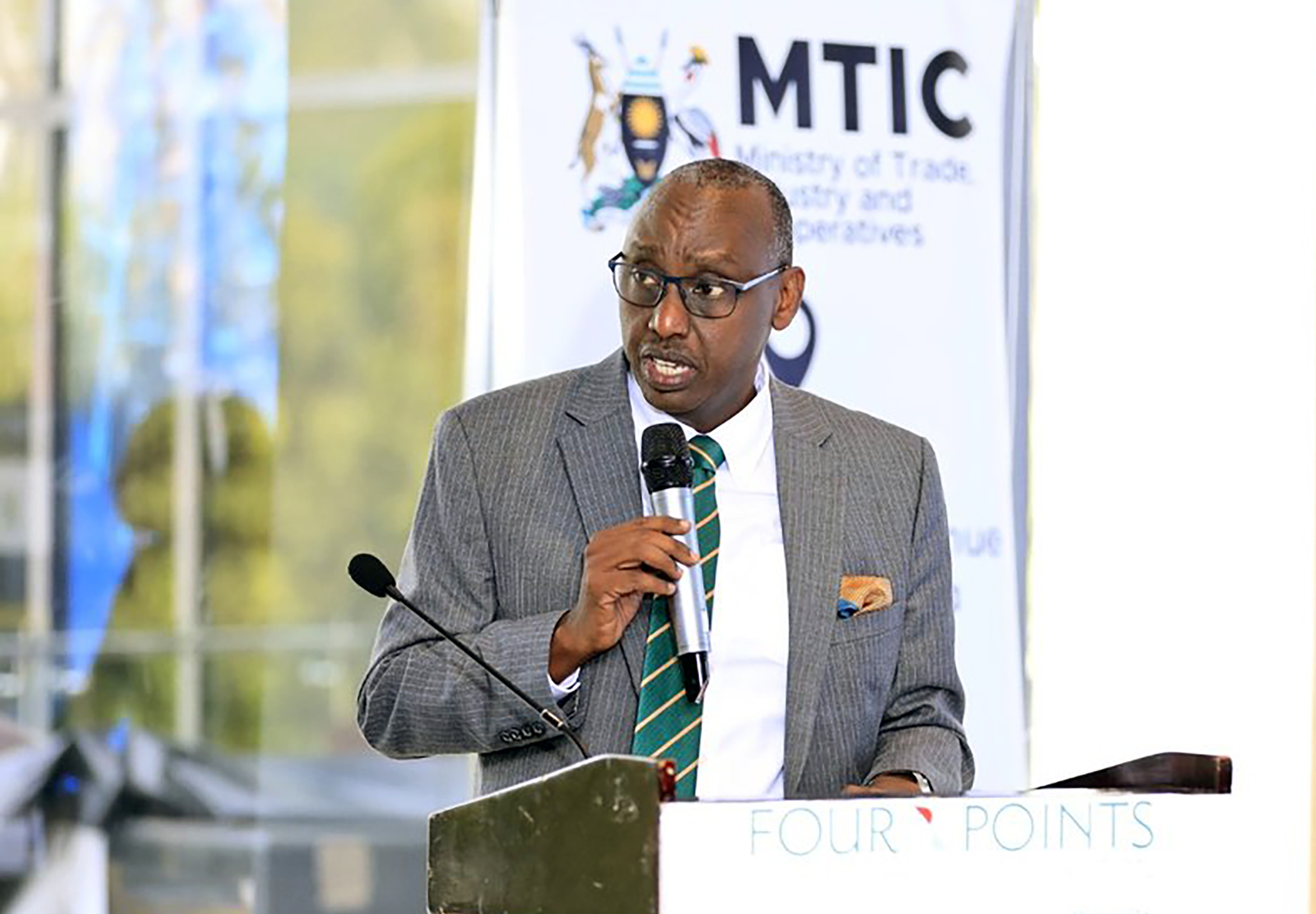Importers decry low investment in railway
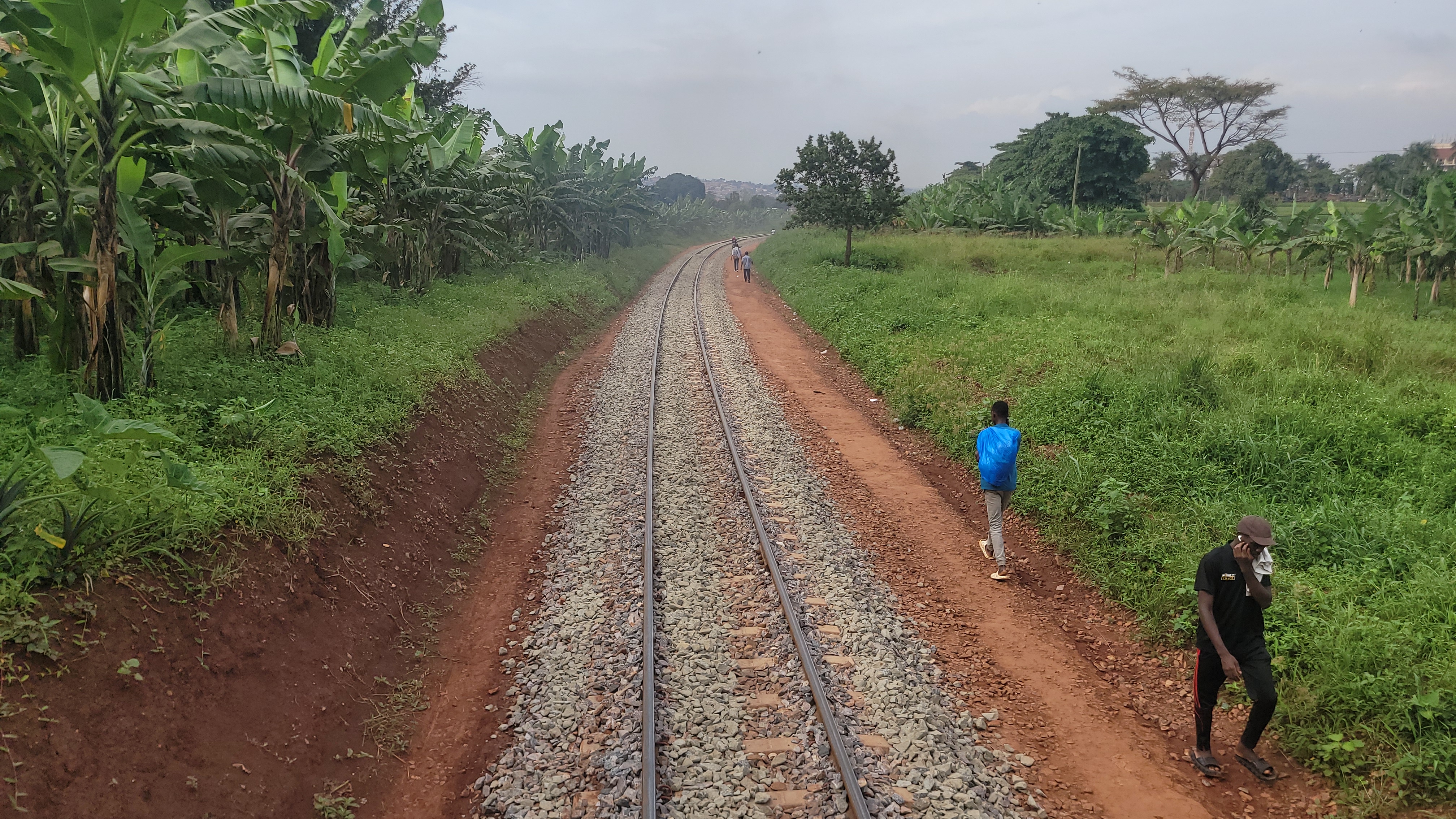
A new section under construction using concrete sleepers.
Steel and poly pipes manufacturer Roofings Group is one of the largest importers of raw materials and exporters of finished products in Uganda. The steel giant imports thousands of tonnes of steel raw materials for processing into various steel products such as bars, rods, iron sheets, wire mesh, and pipes among others, at its massive factories at Lubowa and Namanve in Kampala.
Apart from supplying to the local market across the country, the company also exports roofing sheets, steel bars, pipes, and steel wire products among others, to every country of the East African region and beyond. However, Stewart Mwesigwa, the company’s business development manager, says the fact that they must carry almost everything by road has remained a very serious challenge and a major limitation to their operations.
Roofings is a good example of how Uganda is paying a very high cost for her inappropriately balanced modal share of transport in the country, and if not corrected the country’s cost of transportation will continue to hurt the private sector, according to experts who note that this can be corrected by increasing the share of railway transport in the country’s transport mix.
- According to the Uganda National Bureau of Statistics (UBOS), currently up to 95% of the country’s import and export business relies on road transport, the remaining 5% is shared between rail, air and water modes of transport. This shows that the country is predominantly dependent on expensive road transport, which must change if the country is to improve the competitiveness of its private sector.
Evidence shows that most countries with a more favourable business environment have a higher railway transport share in their mix. India for example has 35 per cent of its transportation by rail. Worldwide, the railway is known as the cheapest and most reliable mover of heavy loads; it is cost effective and its costs of maintenance are lower.
A recent survey by the UN Economic Commission in Asia and Pacific (UNESCAP) showed that following the outbreak of Covid-19, use of rail across borders went up several times fold. Ugandan manufacturers say that in the context of Covid-19, the railway would have been the most ideal means of hauling their raw materials and finished products across the borders, to save time, costs as well as avoiding infections through the numerous truck drivers.
- To make matters even worse, there are long queues at the borders along the Northern Corridor especially in Malaba and Busia, due to clearance delays, as authorities strive to clear the numerous trucks, one by one. As a result, this has caused unprecedented delays in delivery and distribution for the manufacturers.
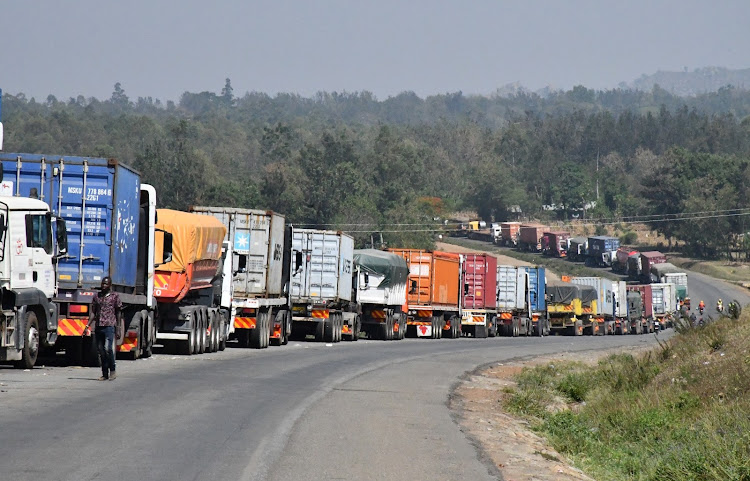 TRUCKS AT MALABA: Road transport bottlenecks hampering competitiveness of the private sector.
TRUCKS AT MALABA: Road transport bottlenecks hampering competitiveness of the private sector. 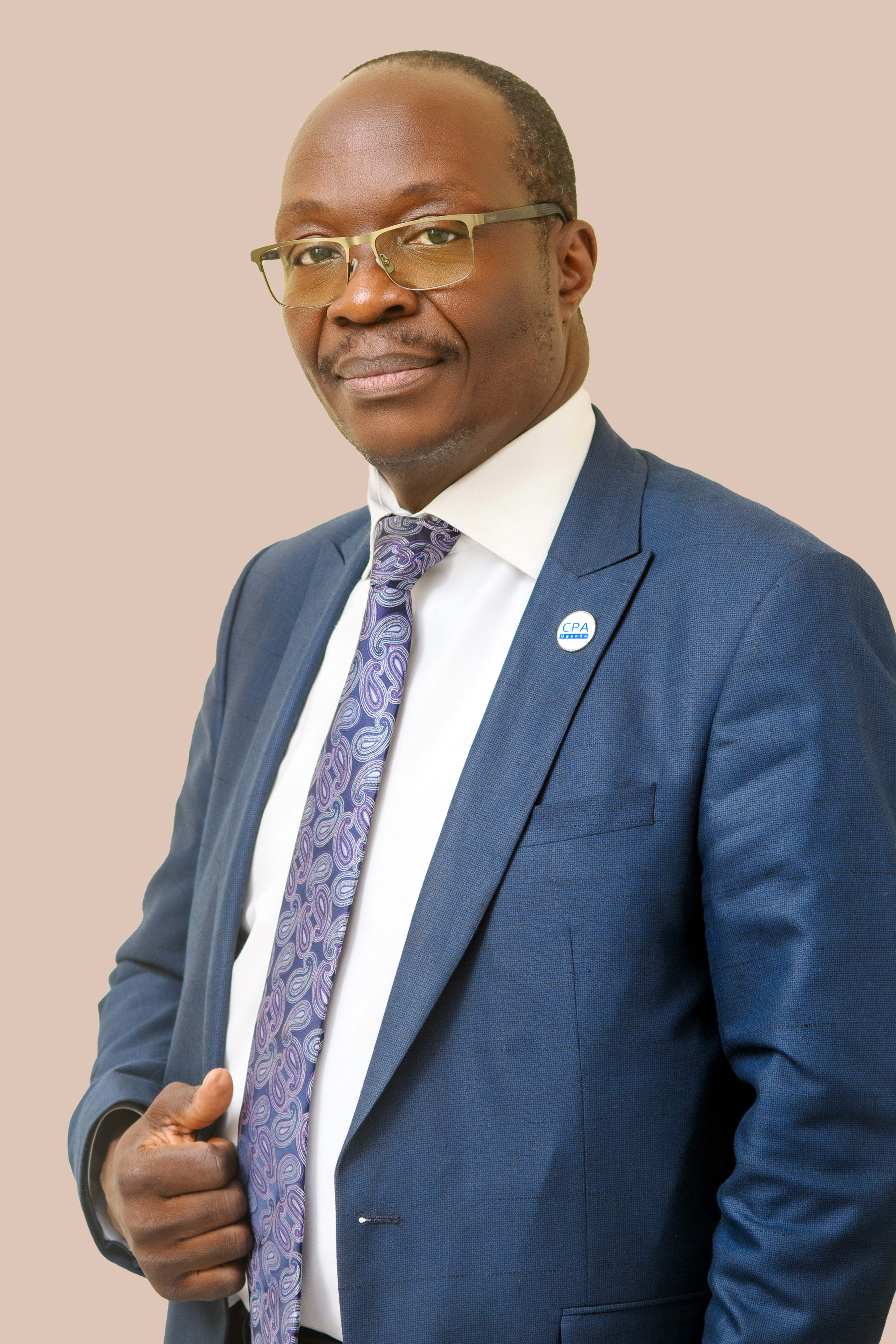 CEO: Uganda Railways Corporation boss David Musoke Bulega.
CEO: Uganda Railways Corporation boss David Musoke Bulega."The delays impact our efficiency, in terms of production, because delivery time for raw materials is now extended for two to three days more. In the end, we are also delayed in supplying our customers," says Mr. Stewart Mwesigwa, from the Roofings Group. Mwesigwa adds that had the country’s railway system been fully functional, manufacturers would be feeling less frustration because most of their supplies would be arriving on time, thus reducing the cost of doing business. "In certain aspects, the rate at which you receive raw materials determines your efficiency. The more you receive, the more you produce, and the more you produce, the more you reduce your costs. This railway would even have enabled us to keep exporting because it has fewer imitations," he says.
Data from the Uganda Railway Corporation (URC) shows that one train load can carry approximately 800 metric tonnes of goods, the same amount of tonnage that would take about 50 trailers on the road.
Dr. Fred Muhumuza, an economist, says that the country is in dire need of a fully functional railway network, to reduce the cost of road repairs. He says, for example, that presently the entire road network from Malaba on the Kenyan border to Katuna on the Rwandan side, needs to be redone, because of cracks that are spilling water under it because of heavy traffic.
"This means the water will fault its baseline and soon we shall have to redo the entire road. When you don't have a properly functional railway, you carry the burden of redoing the roads so often," he says. "One of the biggest challenges we faced during the pandemic was the truck drivers. We had about three people per truck, moving only about 20 tonnes of cargo, yet the train can take fifty times that with about three to five people." Dr. Muhumuza also notes that cargo by train normally moves into designated areas, saving the country from strenuous traffic jams and accidents accruing from the use of trucks.
- Although Uganda intends to build a US$2.3b standard gauge railway to connect the country to neighbouring Kenya, Rwanda, South Sudan and DR Congo, the meter gauge railway will also be maintained, according to David Musoke Bulega, the managing director of Uganda Railways Corporation (URC). He says that the meter railway line would act as a supply and distribution network for the Standard Gauge Railway (SGR), while it (SGR) will serve as the trunk line from Mombasa. Under the plan, sections of the railway network will be upgraded to the Standard Gauge Railway (SGR), while others will be maintained under the meter gauge.
- According to the plan, the SGR could connect Malaba, Kampala, Tororo, Gulu, Nimule, Gulu, Pakwach, Arua, Kasese, Rwanda and DR Congo. The Uganda Railway, also known as the Lunatic Express, was built during colonial times.
However, works and transport minister, Gen. Edward Katumba Wamala, says that vandalism of railway materials has moved away from stealing railway sleepers to cutting the main line, leading to the losses amounting to approximately $1b (UGX3.7 trillion) worth of railway materials to railway vandals, which is a significant injury to the economy. Gen. Katumba says the revival of the route offers a feasible solution to traders with bulk cargo in and out of the country, as rail is known to be an affordable, safe and reliable means of transport. He adds that in the medium term, URC will rehabilitate the MV Pamba ship, improve port facilities, repair and upgrade the existing metre- gauge railway line as well as construct a new Port at Bukasa.
He adds URC has already drafted a UGX333.59b business plan to rehabilitate and purchase key components of the railway network, in order to fully resume operations. Also, plans are underway to rehabilitate more wagons and coaches, as well as procuring others from China to stabilize their operations. Already, approximately $10m has been spent on rehabilitation works for the Kampala Port Bell rail line, two locomotives and remanufacturing five diesel electric locomotives to ply the southern corridor route.
"Approximately UGX1.2 billion was spent on building a warehouse, access roads and fencing Port Bell, while dredging the lake will most likely take Shs2b," he says, adding that the planned new railway network is more comprehensive, stretching to all border towns. According to Bulega, the new line will use concrete cement sleepers in an attempt to beat vandals, who have been its biggest challenge to date.



